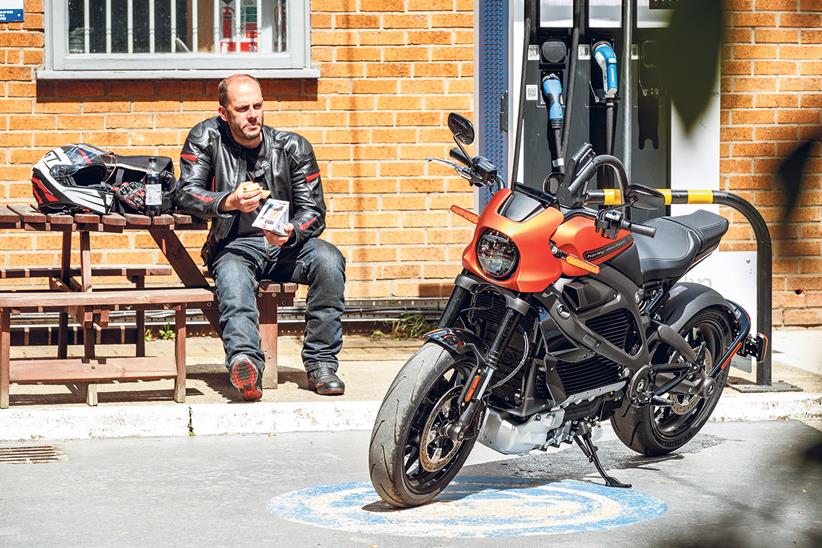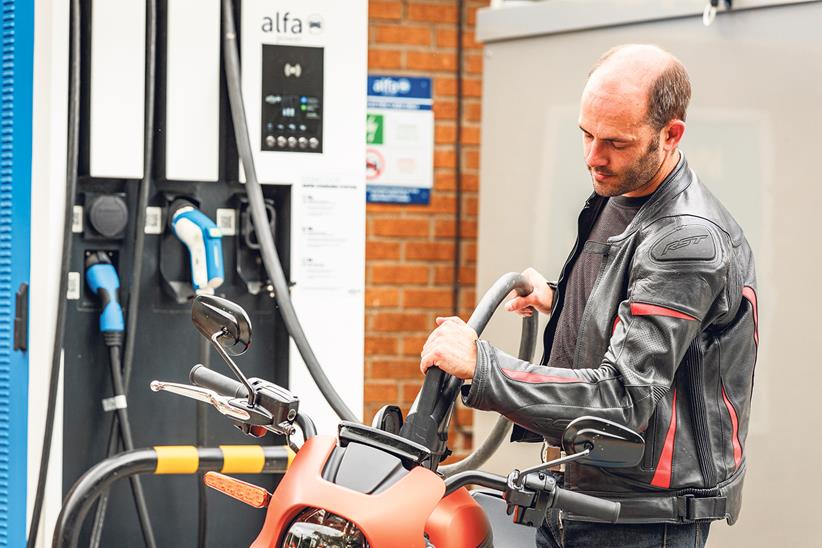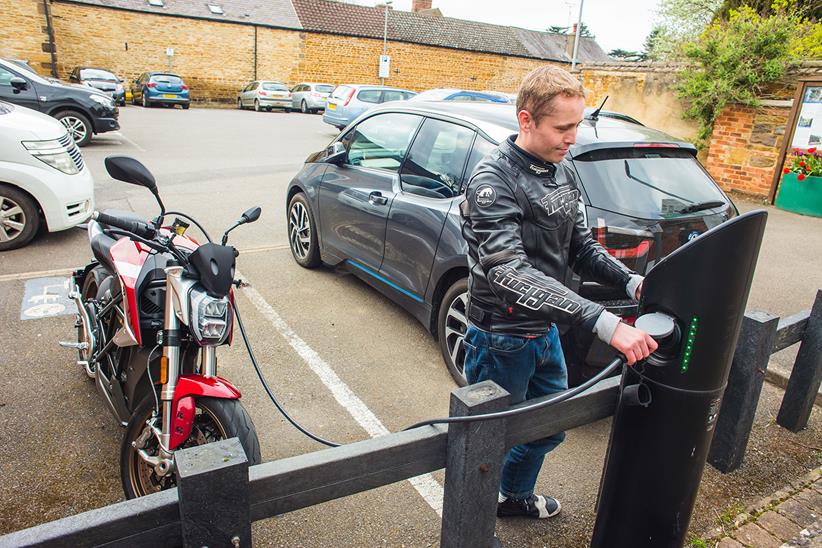Bikes not chopped: Reports of the death of motorcycles 'greatly exaggerated'
The government has published a paper on their plan to ‘decarbonise transport’ with plans to have all new cars ‘fully zero emission at the tailpipe from 2035’ but when it comes to motorcycles, reports of their death have been greatly exaggerated.
Related articles on MCN
- Kawasaki hybrid technology
- Best electric motorbikes available right now
- Latest on the petrol and diesel ban for UK
While the 2035 date has been set in stone for other forms of transport, all the government has committed to when it comes to motorcycles is a consultation on the phasing out of non-zero emission bikes with a so-called backstop date of 2040.
The plan is for a consultation later this year that will not only look at the feasibility of the date but also what is required by consumers for improved adoption rates with specific focus on the plug in motorcycle grant and national/local level infrastructure.
In a welcome move the government has also said they are going to work with the Motorcycle Industry Association to make sure they focus on the right things.
![]()
“Only an idiot would now say this day won’t come,” says Tony Campbell, CEO of the MCIA. “Because we realise this, we’ve been absolutely engaged in consultation with the Government’s Decarbonisation Plan – and, for the first time in my lifetime, motorcycling is now considered part of a future solution rather than a problem.
“We’ve positioned motorcycling so Government appreciates everything we all know – bikes are more efficient, less polluting, use less road space – and that protects the industry. Now, we have to stimulate and innovate to create new motorcyclists, and this is the chance we have.”
Emission free bikes to play key role in new Government plan
First published on 14 July 2021 by Dan Sutherland
![]()
Motorcycles and scooters are set to play a key role in the freshly announced Government Transport Decarbonisation Plan, following years of behind the scenes campaigning from the Motorcycle Industry Association.
The Department for Transport announced the radical new plan earlier today, which pledges to end the sale of all new, non-zero emission road vehicles by 2040 at the latest, as well as phasing out the sale of all new non-zero emission heavy goods vehicles in that timeframe.
Related articles on MCN
- Kawasaki hybrid technology
- Best electric motorbikes available right now
- Latest on the petrol and diesel ban for UK
Whether than will mean a greater expanse of electricifcation, or further investment in synthetic fuels, MCIA chief executive Tony Campbell welcomes the plan and said: “The government has today laid down a long overdue marker, signalling not the end but the start of our next chapter.”
The 220-page plan, released by the DfT states that the government will “consult this year on a phase out date of 2035, or earlier if a faster transition appears feasible, for the sale of new non-zero emission powered two and three wheelers” and that they “will deliver an action plan this year to build new UK opportunities for zero emission light powered vehicles.”
Unlike in some previous transport announcements, motorcycles and scooters have been considered from the outset, thanks to consultations between the MCIA and government ministers spanning the past three years. The association will now draw up an action plan in collaboration with zero emissions transport advocates, Zemo Partnership.
“Motorcycles, scooters and other forms of Powered Light Vehicles will play a key role and we are extremely happy this has now been recognised,” Campbell continued. “Only a fool would think that the motorcycling sector could be treated seperately from everything else going on in the world.”
In June 2019, the MCIA also released a document called The Route to Tomorrow’s Journey in collaboration with Zemo Partnership, highlighting to ministers the environmental benefits of all Powered Light Vehicles (PLV) – compact two, three and four-wheeled vehicles for either passenger or cargo use.
On top of being better for the environment, Campbell also believes the change is an opportunity to attract more people to motorcycling too, adding: “I’m as bigger petrol head as anyone, but one of our industry’s biggest failings is that we’ve struggled to attract new people into our market.
“The short term opportunity is in small capacity up to 11kW – the market growth is absolutely vertical at the moment,” he continues. “Then there’s the E step scooters, which are just like a modern version of the likes of a C50 that I would’ve ridden.
“The sector has finally got the recognition it deserves and we’re very clear about how it can fit in. It’s now up to the manufacturers to really get back to innovating again.”






